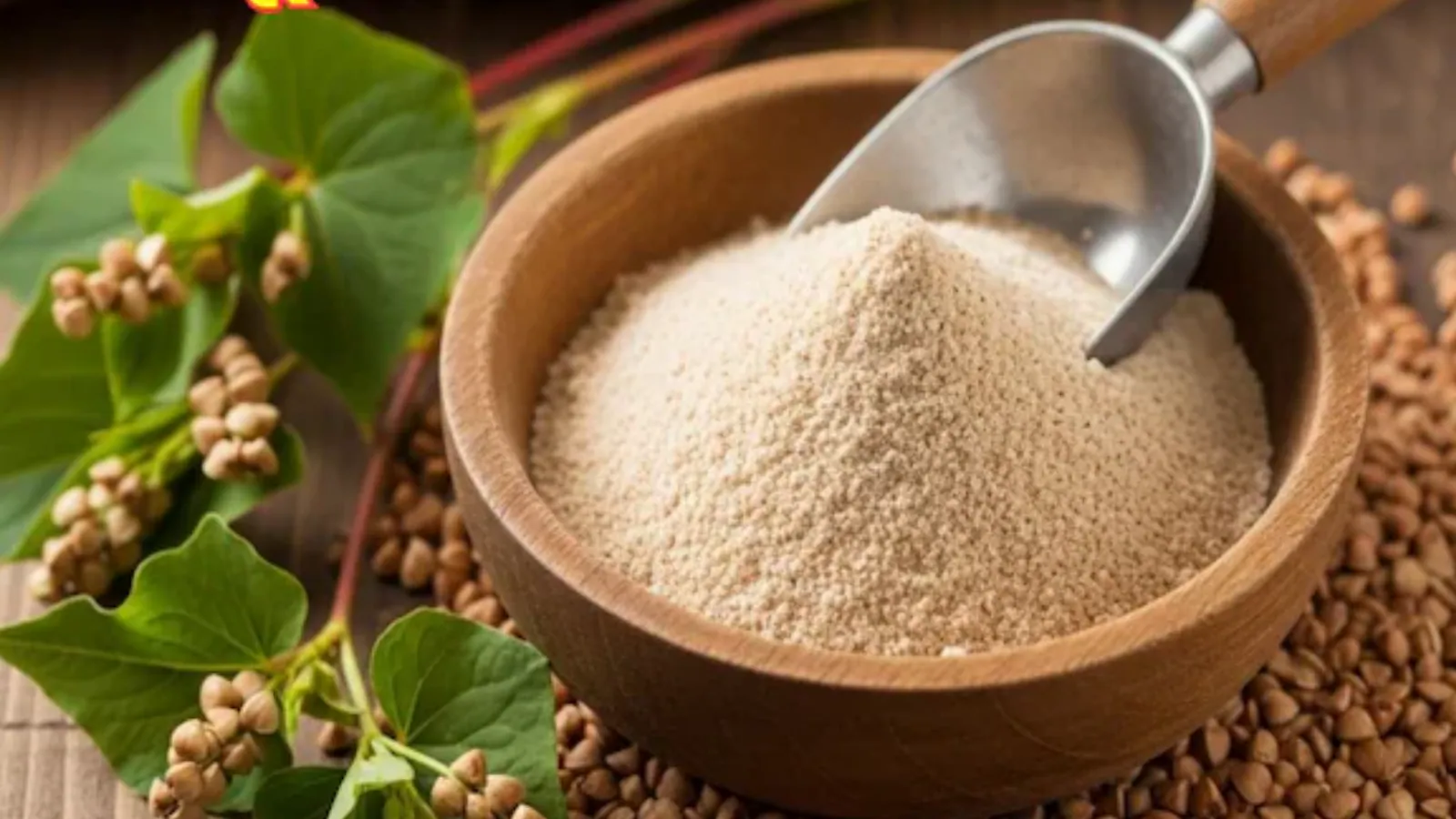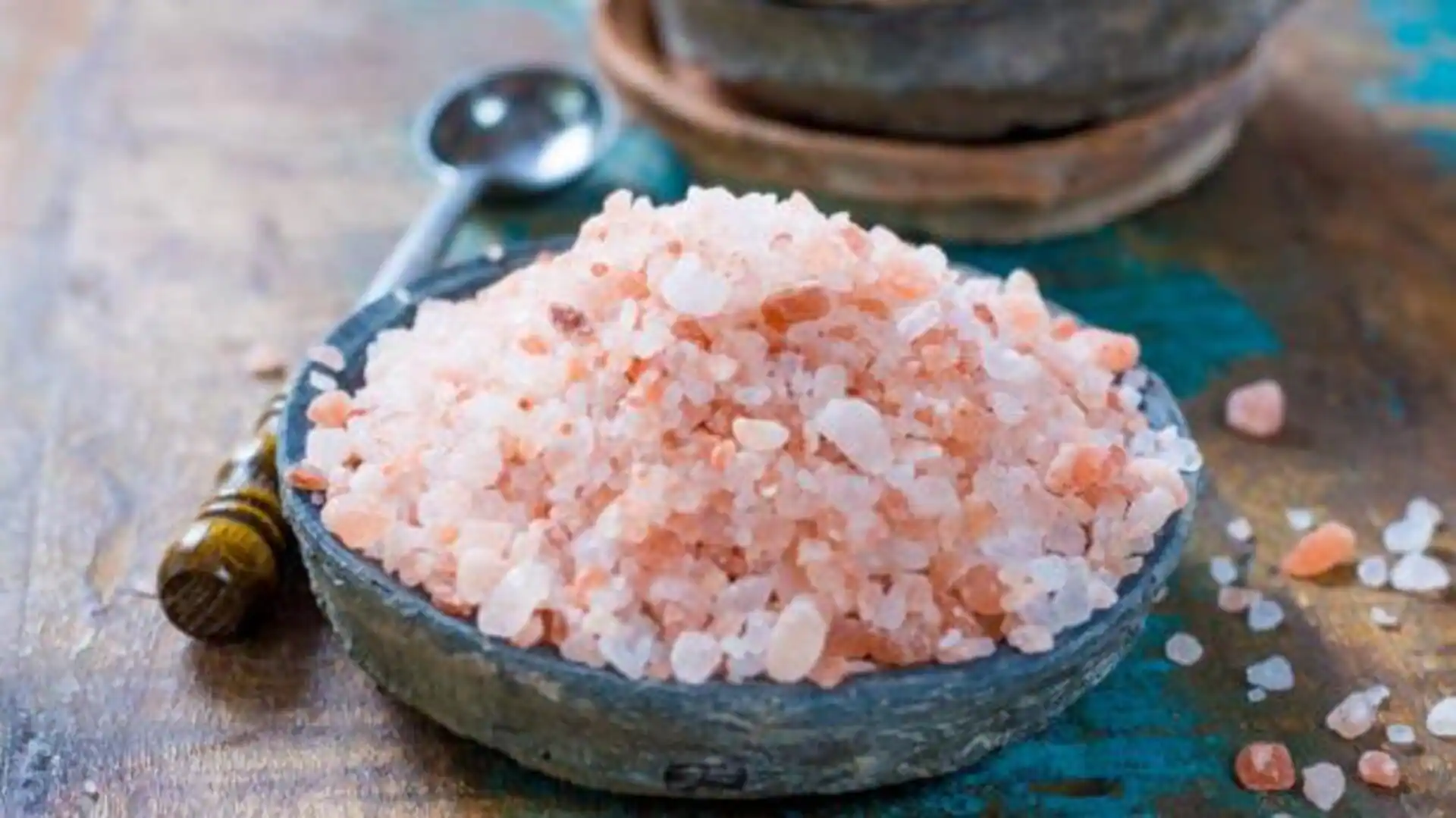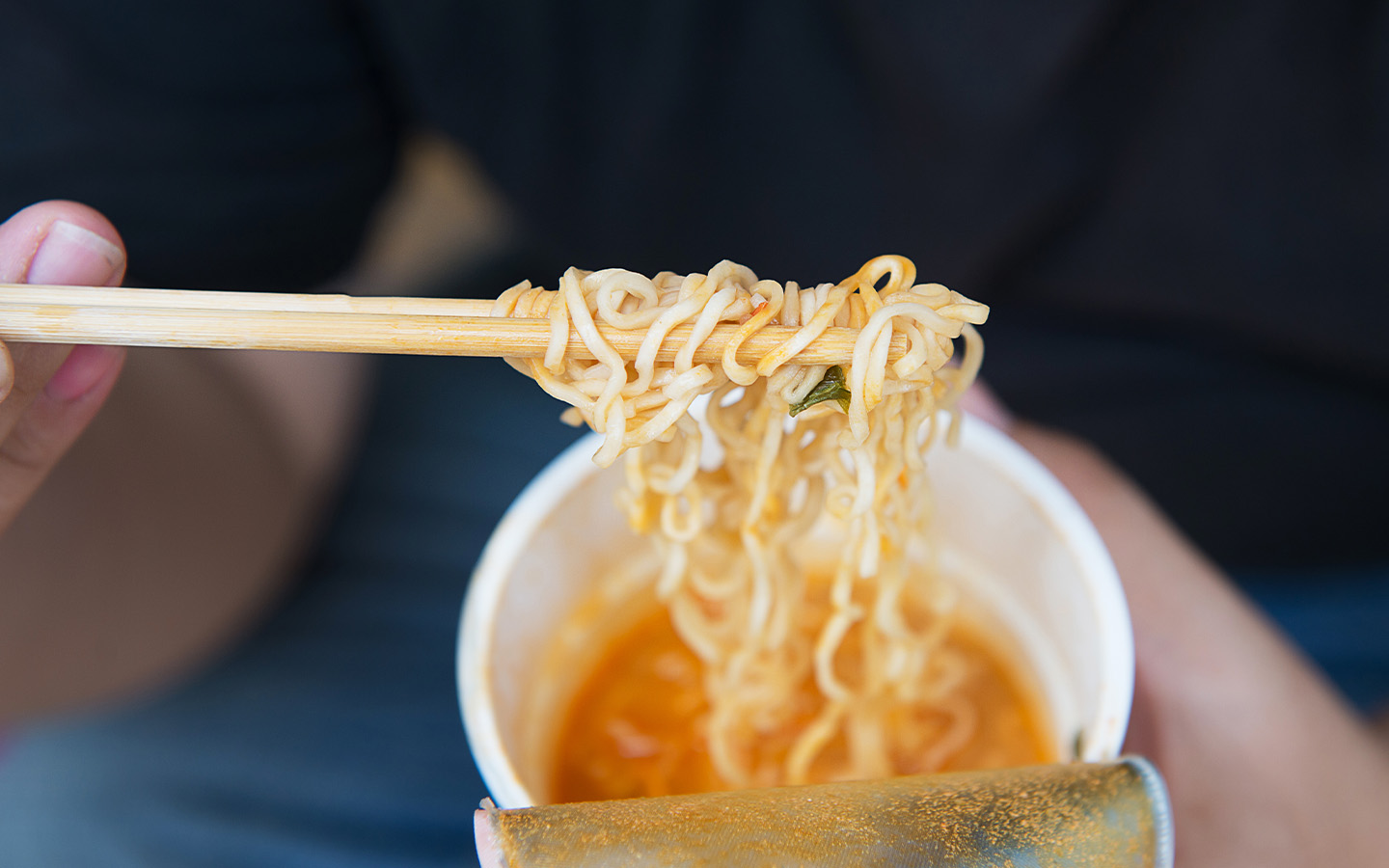By News18,Parishmita Saikia
Copyright news18

During fasting periods or religious festivals like Navratri, it’s essential to consume foods that provide sustained energy and nourishment to help you feel active and healthy throughout the day. Many people observing the nine-day Navratri fast turn to traditional favourites like puris and halwa made from buckwheat flour (kuttu ka atta), a staple known for its high nutritional value.
Buckwheat flour is a rich source of iron, carbohydrates, and fibre. It not only helps prevent weakness during fasting but also offers numerous health benefits when consumed on regular days. However, with increased demand during festive seasons, adulterated buckwheat flour has started appearing in the market.
To boost profits, some sellers may mix in cheaper substances, compromising both quality and health. Fortunately, there are simple ways to identify adulterated kuttu atta before you buy or consume it. Here’s how you can spot the difference between pure and impure flour:
5 Ways To Ensure The Buckwheat Flour You Buy Is Pure
1. Colour Test
Pure buckwheat flour typically appears light brown or greyish in tone. If the flour looks unusually white or bright, it may be mixed with starch or refined wheat flour. Always examine the colour carefully when buying.
2. Smell Test
Fresh kuttu ka atta has a mild, nutty aroma. If the flour has a chemical smell or seems rancid, it may be stale or adulterated. Avoid buying it if the scent feels off.
3. Taste And Texture Test
Pure buckwheat flour has a slightly nutty, earthy taste. If it tastes overly sweet or bland, it could be a sign of adulteration. Additionally, when preparing dough, pure flour will have a mildly coarse texture. If the dough turns out overly soft, chances are it’s been mixed with starch or refined flour (maida).
4. Water Test At Home
Once you’ve brought the buckwheat flour home, you can try this simple test:
Add a spoonful of flour to a cup of water and stir.
Pure buckwheat flour will float and slowly spread in the water.
If it dissolves quickly or leaves behind a residue, it is likely adulterated.
5. Buy From Reputable Brands
Always purchase buckwheat flour from trusted brands or reputable shops. Store it in an airtight container in a cool, dry place. Never use wet hands or a damp spoon to scoop out the flour, as moisture can spoil it.
Even if good-quality buckwheat flour costs slightly more, it’s always worth the investment. Poor-quality or adulterated flour may not only affect the taste and texture of your dishes but can also pose health risks, especially during fasting, when your body is more sensitive to what you consume.
By keeping these tips in mind, you can ensure that the food you eat during festivals is both delicious and safe.



